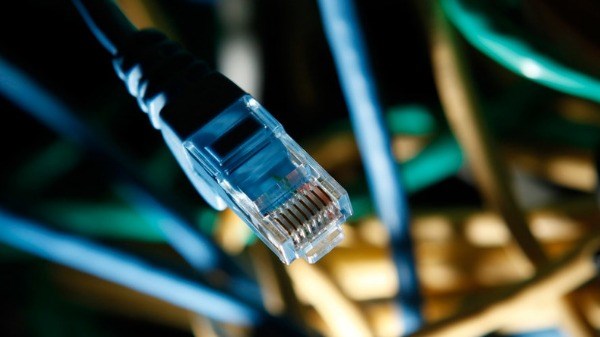Kremlin: Russia is ready to disconnect from global Internet
Russia is legally and technically ready to disconnect from the global Internet, said Deputy Chairman of the Russian Security Council Dmitry Medvedev.
According to Medvedev, although it will "not be easy" and "would not be very desirable", technologically "everything is ready" for it and "at the legislative level, too, all decisions are made."
The U.S, obviously, has "the key rights of control", but "the management of the whole country, huge number of social functions," depend on the Internet, Medvedev said.
He added that, as in the case of the SWIFT system, for which the Russian Central Bank developed an alternative financial messaging platform, Russia could not leave its segment of the Internet without control and passed a law so that this segment could be managed autonomously.
So far, all social networks continue to work in Russia. But if they "behave in an unfriendly way, if they do not want to publish Russian information, if they take some obviously unfriendly position towards the country, then we have a way to influence them," Medvedev said.
"A number of steps may be taken at a certain time [against social networks], including such measures as slowing down internet traffic or completely blocking their work," he said. Medvedev added that complete blocking is "very tough and radical" but the slowdown in traffic is a "potentially working measure".
On November 1, 2019, the law on "Sovereign Internet" came into force in Russia. It requires that Internet providers install special equipment which will allow to filter traffic and restrict access to prohibited sites.
On December 30, 2020, Russian President Vladimir Putin signed a law giving the Russian media watchdog, Roskomnadzor, the right to block or slow down foreign Internet resources that Russian officials believe to be restricting access to state media.
The law introduces the status of "the owner of an information resource involved in violations of fundamental human rights and freedoms, rights and freedoms of Russian citizens." The potential targets of these law are YouTube, Facebook and Twitter. They are listed in the explanatory note as violators of freedom of speech in Russia.
The first measures within the law can be taken in six months. Russian President Vladimir Putin instructed that by August 1, the government and the Presidential Administration prepare a list of requirements for foreign companies operating in the Russian Internet segment. In particular, they will be required to open offices in Russia.
In the same period, the Russian Government and Presidential Council for Civil Society and Human Rights are required to develop measures for “ensuring the protection of the rights and freedoms of the citizen in the digital space of the Russian Federation and a plan of measures to implement it”.
According to a decree published on the Kremlin's website, the plan should include measures to improve citizens' digital literacy and digital security skills and "digital hygiene".
While the concept is being prepared, Russia is hastily developing a replacement for YouTube video hosting service and TikTok social network.
The project is being handled by Gazprom-Media Holding. The new Internet platforms are expected to be ready in 2021-22, said the head of the holding, Aleksandr Jarov.
